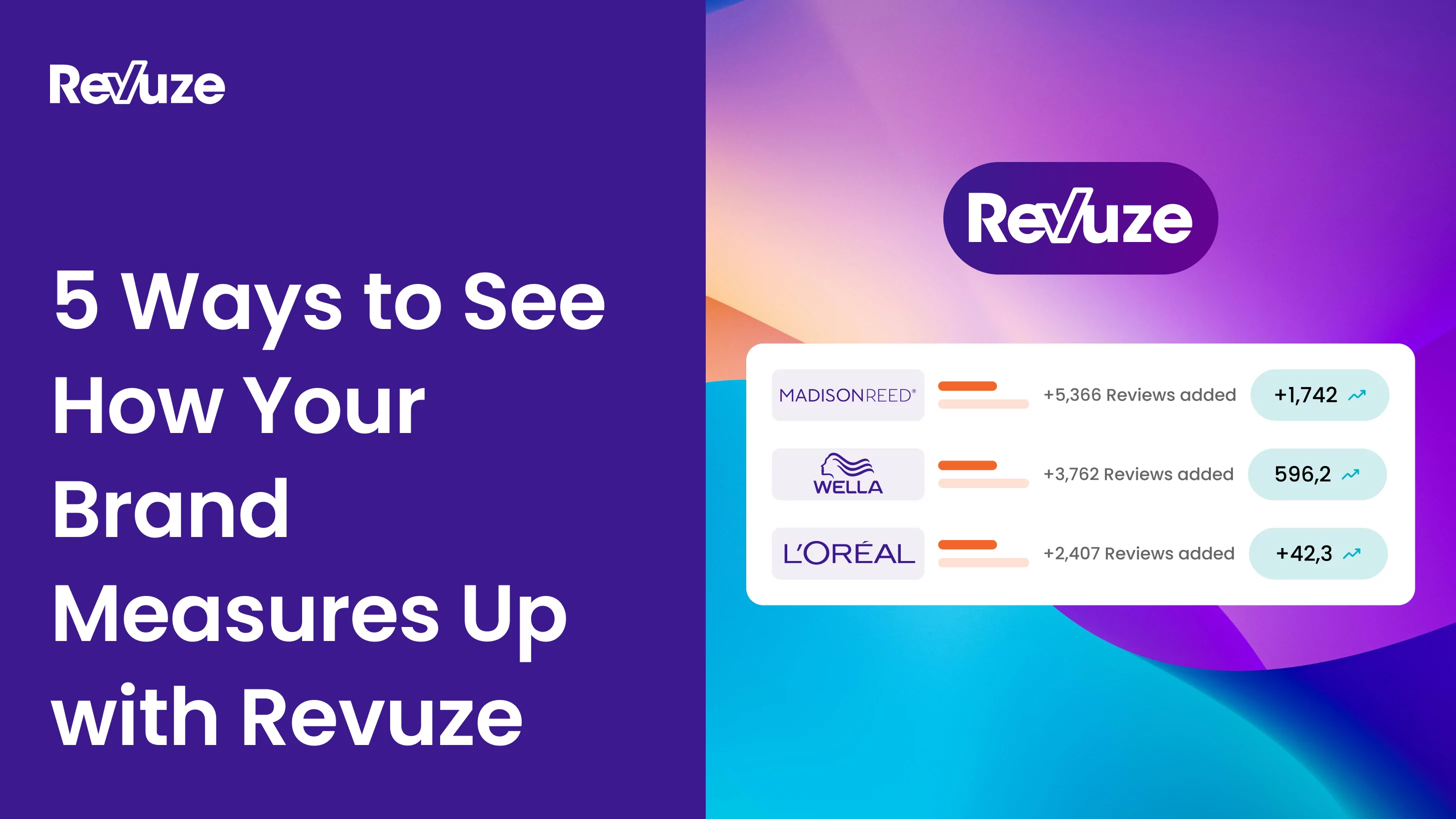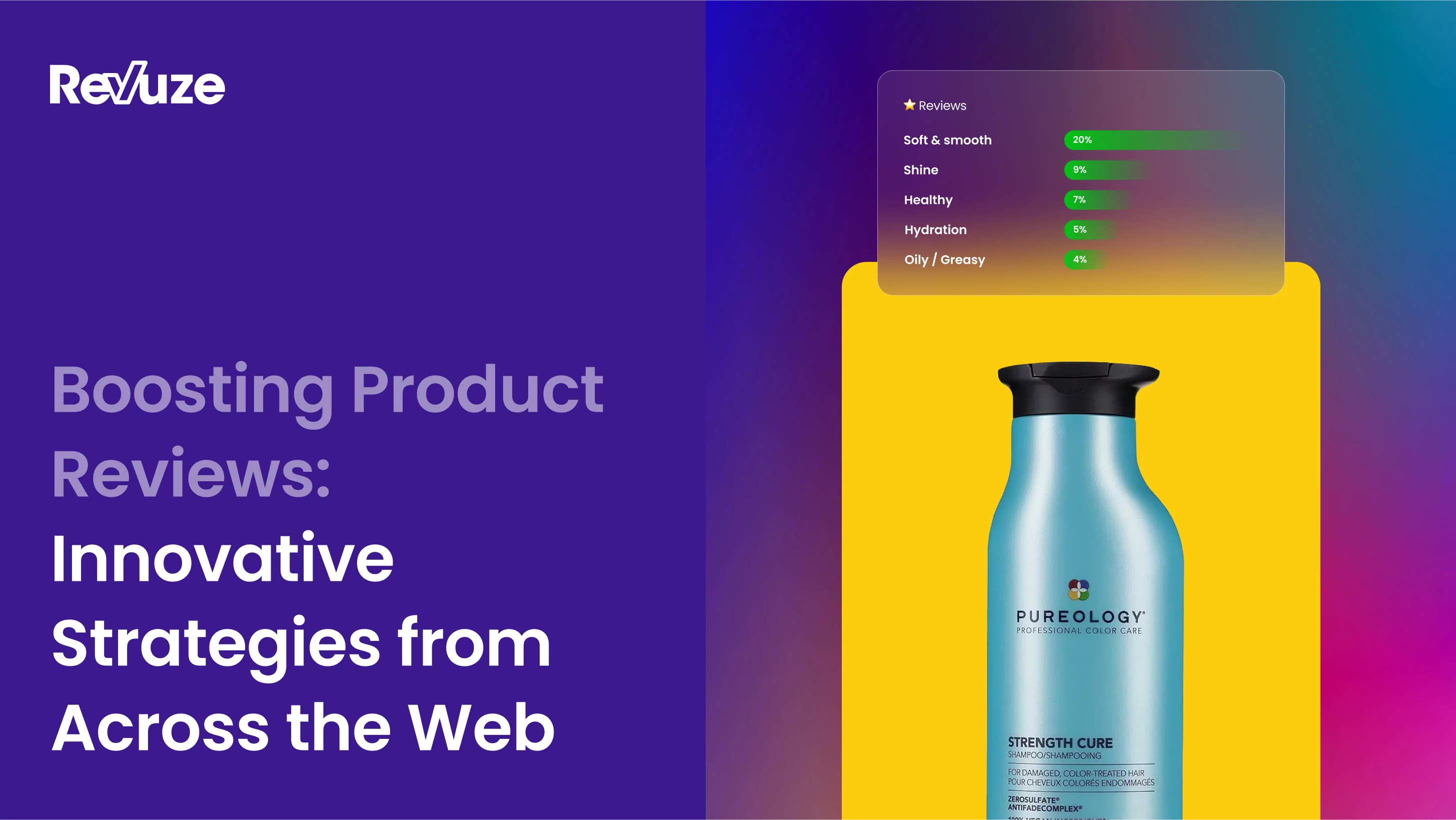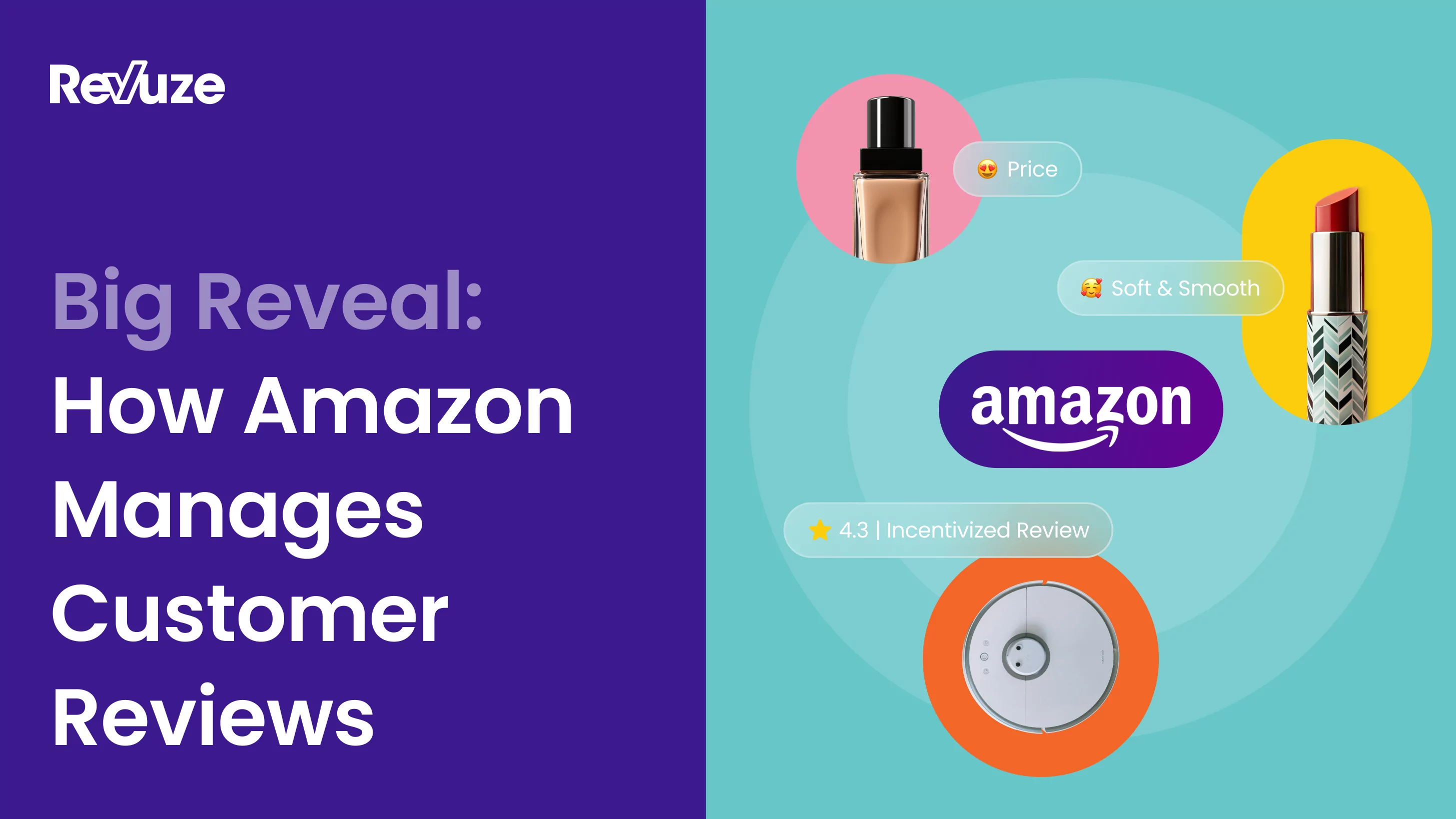
The role that social media plays for brands has been evolving and changing ever since social media came to be. At first, they were using it to promote their business, products, or services. After that, companies started organizing communities around their brand and insisting on communication.
Over time, however, the role of social media had shifted as well, and now — it is being used as a means to provide real-time customer service. Analyzing social media trends shows that over a billion messages are exchanged between companies and businesses per year. Businesses are getting better and better at using social listening, text analytics, predictive analytics, sentiment analytics, and other methods alike to improve their operation and relationship with their customers. To succeed — you must do the same.
Before we start, let’s first clear 2 basic terms, social listening and predictive analysis:
What is social listening?
Social listening is a process of locating conversations regarding your brand or mention of your brand. Simply put, it means applying a software or which “listens” to social media and anlayzing the the trend and sentiment of your customers. Some brands also applies social listening on their competitors and even the entire industry they operate in.
That way, you can also educate people about your brand, correct misunderstandings, react in real time to a cricis, and create long-lasting relationships which can result in customer loyalty and the expansion of your brand.
Social listening relies on specific keywords and phrases to find where your brand is being discussed, and then applies text analytics to see what your customers are saying about it. This can also help you gather insight into the real thoughts and feelings that your target audience has of your brand, services, and products.
What is predictive analytics?
Predictive analytics is another very useful mechanism that you can utilize in order to improve your operation. Basically, it relies on a number of different techniques, including data mining, modeling, statistics, AI, machine intelligence, and more. It revolves around analyzing huge amount of data and determining the current state of things.
However, it doesn’t stop at analyzing the current situation. Instead, predictive analytics uses current data to make predictions about the situation in the future. In other words, it relies on data through time to detect patterns in behavior and try to make estimates of how the behavior of customers may change over a certain period of time. Naturally, there are numerous factors to consider here, and you must always keep in mind that things could change in any way. However, most of the time, the data can provide you with a rough estimate of what is to come, which can allow you to prepare in advance, and handle your customers and impact your business results.
What role social media plays in customer experience analysis
As you can imagine, social media is extremely important for analyzing the market and understanding the voice of the customer. It is where you can conduct a customer satisfaction surveys, and employ social media monitoring tools to determine the targeted group’s thoughts, feelings, behavior during certain periods of the year and more.
But, more importantly, you can use it to collect information about customer experience. Different social media analytics tools can be used for measuring customer satisfaction, simply through the search of specific keywords and phrases, as mentioned before. With people using social media to express their thoughts and feelings — you get a number of platforms that provide direct feedback about your brand, basically on a silver platter.
Measuring customer satisfaction in social media
With social media evolving into the state in which it finds itself today — it basically gives you all the necessary tools to measure customer satisfaction and sentiment analytics. Now you have to pay attention to likes, comments, shares, upvotes, downvotes, favorites, retweets, and other similar things, and you will have additional information on how people feel about your brand.
You can use volume metrics to determine how many messages you receive via social media, which will give you an idea of the number of customers that use social media as a method of communication. Use hashtags and keywords to track your brand’s mentions in different tweets, posts, and alike, and you will get data on your topic metrics. The tone of messages and posts will reveal the sentiment towards your brand, services, or products, while the response metrics will tell you what you need to know about your average response time, the amount of time that is required for potential issues to be resolved, as well as the percentage of comments to which you are responding.
Social media is where customer service happens in real-time
As we mentioned earlier, social media has grown to become a place where customers tend to go to have their issues resolved. It wasn’t long before people realized that they could get the best customer service by contacting your brand directly on the one of the social media platforms.
Chats and similar methods have grown to become a quick way for customers to get your attention and receive a quick response. Meanwhile, this feature is missing on a lot of websites, where the customers only have the ability to send an email or fill out a form.
Social media provides a place for them to leave feedback, or to get their problem addressed in real-time, which is why they prefer this method of communication with their brands of choice. This is also why it is important for you to respond quickly and be effective at addressing your customers’ needs.
Understand the voice of the customer
Voice of the customer (VOC) is a well-established term used in business and information technology. It is used to describe a process that has a goal of noting customers’ preferences, expectations, concerns, and alike.
Social media gives your customers a place to share their thoughts and feelings, as mentioned before. If you have social media presence — in the form of a verified page or dedicated account — they are likely to come to you with their problems, as well as their praises. Basically, you must give your customers a place where they can share their impressions, and they will not disappoint you. It is up to you to use this to your advantage, notice them, and apply the harvested information in a way that would improve your business, as well as customers’ satisfaction.
How to measure customer satisfaction
There are several ways that can allow you to measure customer satisfaction, and they mostly require direct communication. Most companies and solutions do that through customer satisfaction surveys.
If you ask whether or not a customer would recommend your brand, you can get direct feedback which would indicate how loyal he or she is to your brand. You can apply the same methods for specific products, and find out if th/ey consider it useful or not, whether it fixes a problem or not, or if they like the way it works, and alike.
Finally, you can also get a deeper understanding of customer satisfaction by asking whether or not they would be interested in purchasing your products or services again in the future. Online anonymity allows customers to be honest about their impressions, and honesty is what you need in order to know whether or not you are providing a good service.
Adding social listening to your customer experience toolbox
As you can undoubtedly tell, social listening can be extremely important in determining customer experience levels. Surveys tend to be biased, by appliying social media montitoring, you don’t need to ask questions as long as you are willing to look up for the answers.
Through social listening, you can get an honest response or review of your brand, with a guarantee that this is how your customers truly feel about it. If they are satisfied — they would recommend you, and if not — they will point out the flaws.
It is important to address these flaws upon discovering them and strengthen your weak points in order to keep your existing customers, as well as to attract new ones. Social sentiment is priceless when it comes to running a successful business, and social media provides you with a perfect place to gather it almost effortlessly. Use it, and become attuned to your customers’ view of you and your service.
Revuze take on social listening
Revuze aims to fundamentally change the way firms measure user perception of brands, services, products, and even their shopping experience. It makes market research simpler, thus allowing any product, QA, marketing, or consumer insight expert to make educated and better business decisions in a record amount of time.
Revuze uses an autonomous AI solution, which can turn any type of data into valuable insights. That way, you can use data from emails, social media, call centers, online reviews and more to gather customer insight about your brand, services, products, or features. Even better, you can also gather insights about your competitors, which can give you an edge in the ever-evolving market.
With Revuze, you will get the highest level of detail, while as many as 80 different metrics per product can be discovered automatically, and automaticly classified for your convenience. Revuze monitor smultiple data sources, and wherever your customers are sharing thoughts about you — Revuze will find it, analyze it, and deliver it to you.
 All
Articles
All
Articles Email
Analytics
Email
Analytics








 Agencies
Insights
Agencies
Insights